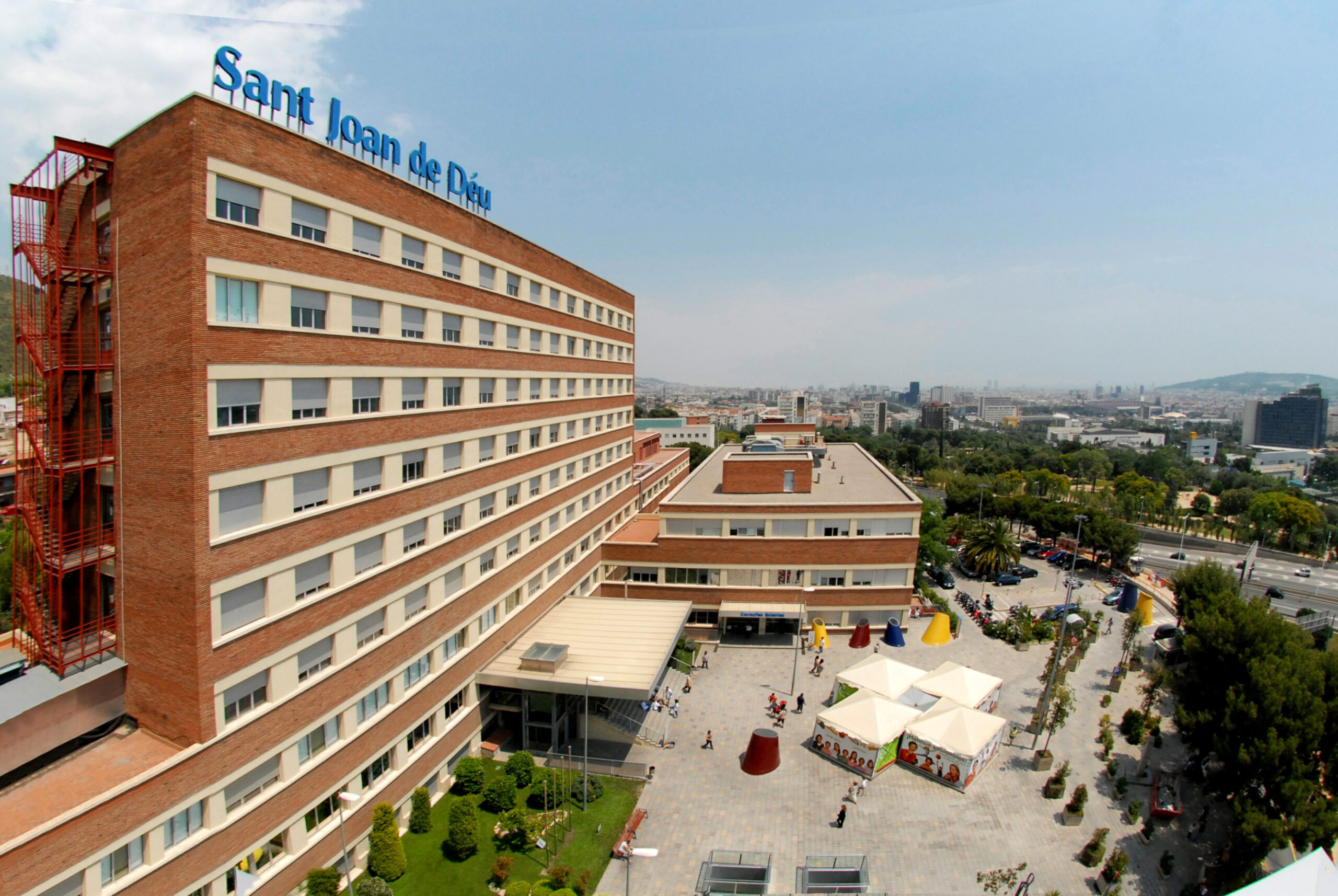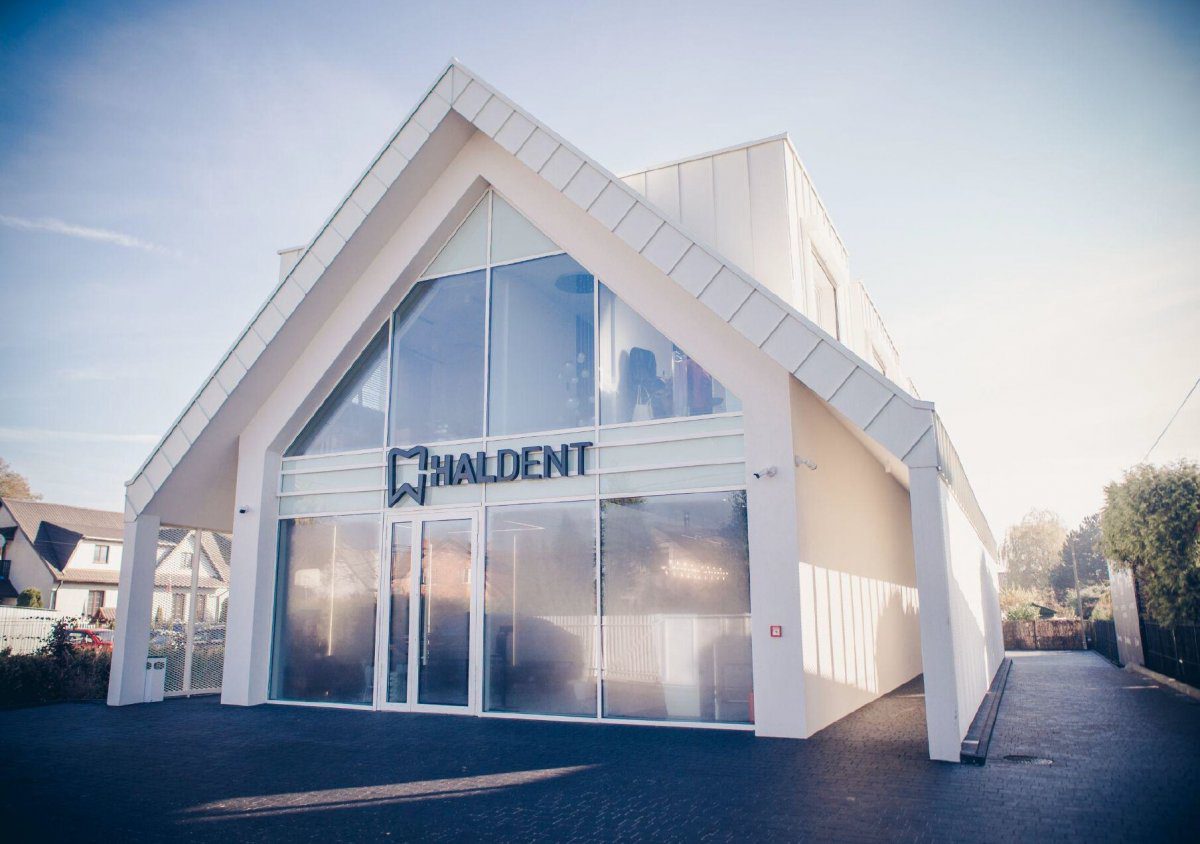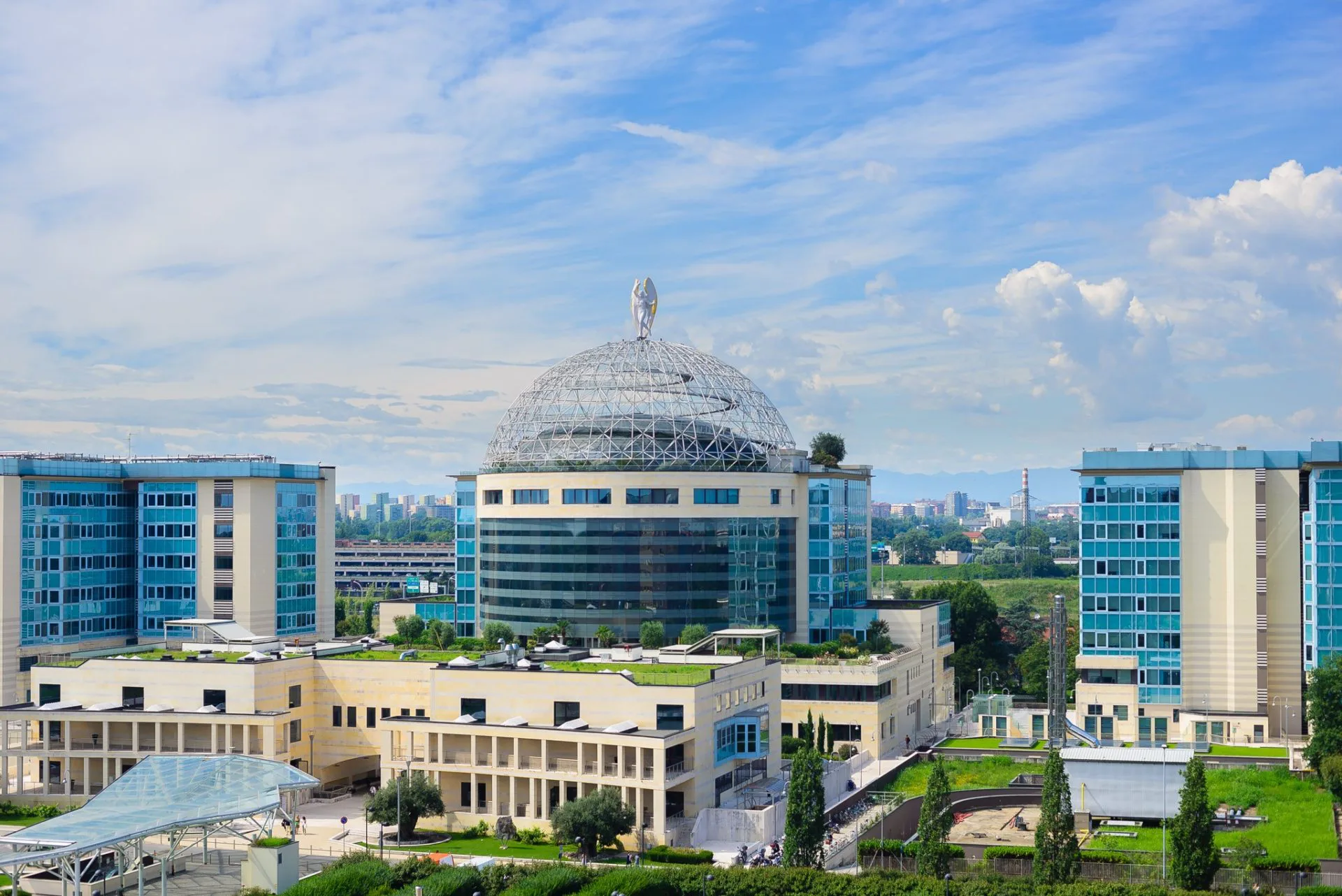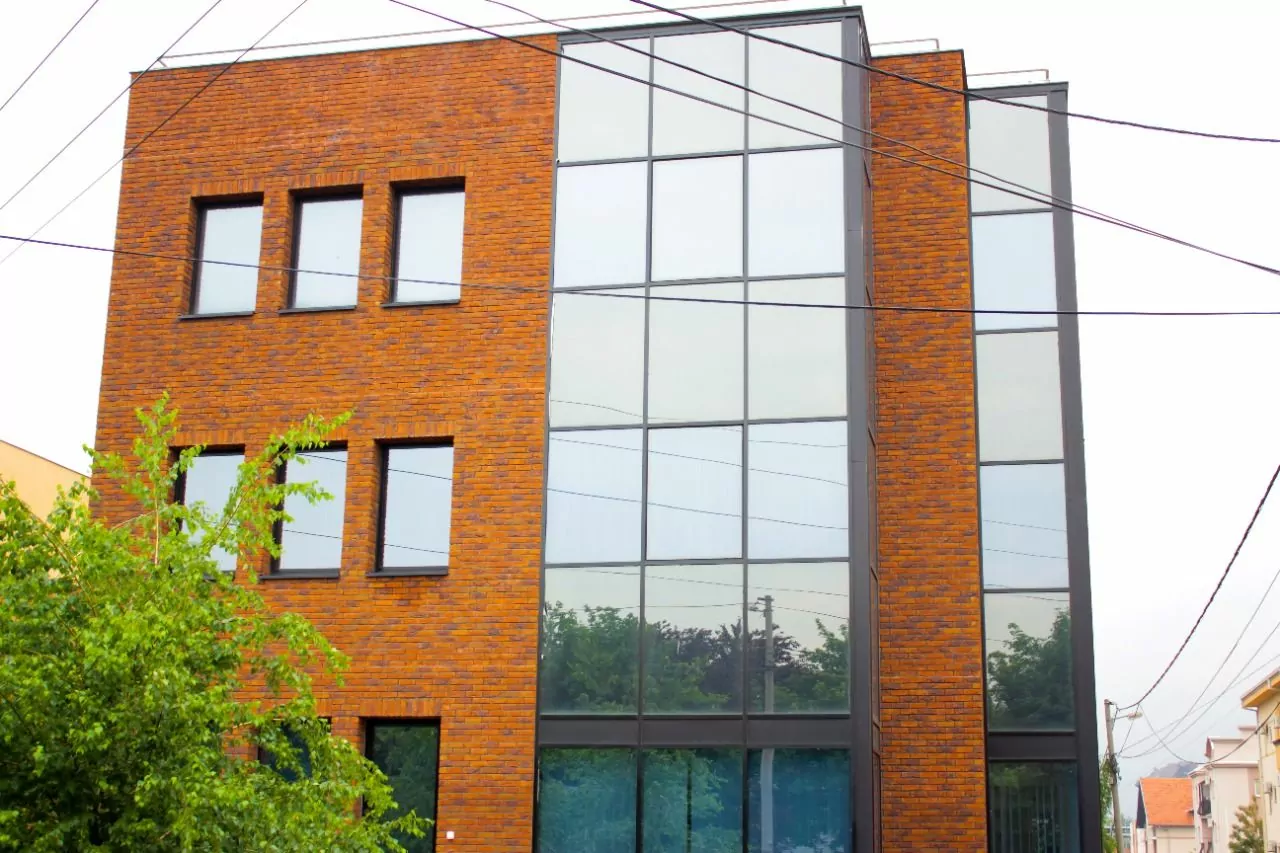Milzkrebs ist eine niederschmetternde Diagnose, von der zahlreiche Patienten in aller Welt betroffen sind. Die Grenzen und Herausforderungen der weit verbreiteten Methoden haben viele Patienten dazu veranlasst, alternative Möglichkeiten im Kampf gegen diese unbarmherzige Krankheit zu suchen. Glücklicherweise haben die Fortschritte bei den modernen Behandlungsmethoden den Patienten neue Möglichkeiten und Hoffnung eröffnet. In diesem Artikel werden wir uns mit den Grenzen der konventionellen Heilung befassen und neue, im Ausland zugängliche Behandlungen untersuchen.
Milzkrebs, auch Milzlymphom genannt, ist eine seltene, aber gefährliche Krankheit, die die Milz befällt – ein lebenswichtiges Organ, das für die Blutfilterung und die Infektionsbekämpfung zuständig ist. Die Prävalenz von Milzkrebs schwankt, so dass es schwierig ist, seine genaue Häufigkeit zu bestimmen. Studien deuten jedoch darauf hin, dass er etwa 1 % aller jährlich entdeckten Krebserkrankungen ausmacht. Obwohl jeder an Milzkrebs erkranken kann, sind vor allem Menschen über 50 Jahre betroffen, wobei das Risiko bei Männern etwas höher ist als bei Frauen.
Wie hoch ist die Überlebensrate bei Milzkrebs?
Nach den Statistiken des NCI beträgt die Fünf-Jahres-Überlebensrate 91,6 % für das Stadium 1, 72,8 % für das Stadium 2, 85,1 % für das Stadium 3 und 81 % für das Stadium 4 bei Milzkrebs.
Konventionelle Behandlungen
Die konventionelle Heilung von Milzkrebssymptomen bezieht sich oft auf Operationen, Chemotherapien und Strahlentherapien. Diese Optionen sind zwar seit vielen Jahren das Mittel der Wahl, aber sie haben ihre eigenen Grenzen. Operationen sind nicht immer durchführbar, vor allem dann nicht, wenn die Krankheit über die Milz hinausgewachsen ist. Außerdem können Chemo- und Strahlentherapien mit starken Nebenwirkungen verbunden sein, die die Lebensqualität des Patienten beeinträchtigen.
Moderne Behandlungen
In jüngster Zeit sind in der Krebsforschung enorme Fortschritte erzielt worden, die zur Entwicklung von Heilungsansätzen der letzten Generation geführt haben. So konzentrieren sich gezielte Therapien auf einzelne Moleküle oder genetische Mutationen, die die Entwicklung bösartiger Zellen vorantreiben. Indem sie auf diese Aspekte abzielen, zielen diese Methoden darauf ab, das Fortschreiten des Krebses zu hemmen und gleichzeitig den Schaden für normale Zellen zu verringern.
Ein weiterer Durchbruch auf dem Gebiet der Krebsbekämpfung ist die immuntherapeutische Methode. Sie macht sich die Kraft der Immunität des Patienten zunutze, um Krebszellen zu erkennen und abzutöten. Immuntherapeutische Medikamente wirken, indem sie entweder die Immunreaktion verstärken oder Proteine, die sie hemmen, ausschalten, so dass die Immunität die Krebszellen besser erkennen und angreifen kann. Immuntherapien haben bei verschiedenen Krebsarten, einschließlich der Milz, vielversprechende Ergebnisse gezeigt und bieten neue Heilungsmöglichkeiten.
Verfügbarkeit im Ausland
Neue Methoden bieten zwar Hoffnung, ihre Verfügbarkeit kann jedoch je nach Land oder Region variieren. In einigen Fällen kann es vorkommen, dass bestimmte Lösungen in ihrem Heimatland noch nicht von den zuständigen Stellen zugelassen sind. Dies hat dazu geführt, dass immer mehr Patienten nach Heilungsmöglichkeiten im Ausland suchen.
Länder, die für ihre hochmodernen Gesundheitseinrichtungen und Forschungszentren bekannt sind, wie die Vereinigten Staaten, Deutschland und Japan, bieten oft eine Vielzahl moderner Behandlungsmöglichkeiten für Krebs an. Sie sind führend in der Forschung und bei klinischen Versuchen und bieten Zugang zu modernsten Verfahren, die anderswo möglicherweise nicht zur Verfügung stehen. Für Patienten, die eine Heilung im Ausland in Betracht ziehen, ist es jedoch wichtig, ihre Optionen sorgfältig abzuwägen und dabei Faktoren wie Kosten, Logistik und verfügbare Hilfsmittel zu berücksichtigen.
Überlegungen und Ressourcen
Bei der Erkundung von Therapiemöglichkeiten im Ausland müssen die Patienten unbedingt verschiedene Aspekte berücksichtigen, um einen reibungslosen und sicheren Ablauf zu gewährleisten. Erstens sollten sie sich mit seriösen medizinischen Einrichtungen und Ärzten in Verbindung setzen, die sich mit der Bekämpfung dieser Krebsart auskennen. Nachforschungen über die Referenzen, Erfolgsquoten und Erfahrungsberichte von Patienten können wertvolle Hinweise auf die Qualität der angebotenen Behandlung liefern.
Außerdem müssen die Betroffenen die finanziellen Auswirkungen einer Therapie im Ausland abschätzen. Moderne Heilmethoden können mit erheblichen Kosten verbunden sein, einschließlich medizinischer Ausgaben, Reisekosten, Unterkunft und Nachsorge. Für Patienten ist es wichtig, sich über Versicherungsschutz, finanzielle Unterstützung und Spendenmöglichkeiten zu informieren, um die finanzielle Belastung zu verringern.
Auch logistische Aspekte wie Visabestimmungen, Transportmöglichkeiten und Sprachbarrieren sollten in Betracht gezogen werden. Ein Unterstützungssystem, z. B. Familie oder Freunde, die den Patienten begleiten können, kann die Reise erheblich erleichtern und in dieser schwierigen Zeit emotionale Unterstützung garantieren.
Lassen Sie sich mit Eternity Life Tourism im Ausland behandeln
Während die konventionelle Heilung lange Zeit der Standard war, bieten moderne Therapien neue Hoffnung und Möglichkeiten. Zielgerichtete Therapien und Immuntherapien haben das Potenzial, die Heilungslandschaft zu verändern und zu bestimmen, wie lange man mit Milzkrebs leben kann. Auch wenn die Suche nach einer Heilung im Ausland eine Herausforderung darstellen kann, eröffnet sie doch den Zugang zu modernsten Methoden und medizinischer Versorgung von Weltklasse. Durch sorgfältige Abwägung ihrer Möglichkeiten und Ressourcen können Patienten die modernen Therapiemöglichkeiten im Ausland erkunden und sich auf eine Reise zu besseren Ergebnissen und höherer Lebensqualität begeben. Bitte nehmen Sie Kontakt mit unseren Managern auf, und wir werden Ihnen helfen, die beste Behandlungsmöglichkeit für Ihren persönlichen Fall zu finden.











